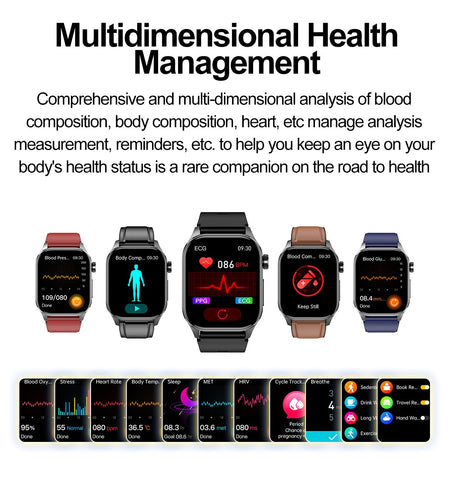Maximizing Your Vitamin D Intake Without Sun Exposure
Vitamin D, often referred to as the "sunshine vitamin," plays a crucial role in various aspects of health, including bone health, immune function, and mood regulation. While sunlight is the primary source of vitamin D synthesis in the body, many individuals may struggle to obtain adequate sun exposure due to factors such as geographical location, lifestyle, or skin sensitivity to sunlight. Fortunately, there are several strategies you can implement to optimize your vitamin D intake even when you're not getting much sun.
Understand Your Vitamin D Needs
Before diving into strategies for increasing your vitamin D intake, it's essential to understand your individual needs. The recommended daily intake of vitamin D varies depending on factors such as age, gender, and health status. While the general guideline for most adults is around 600-800 IU (International Units) per day, some individuals, such as older adults, pregnant women, or those with certain medical conditions, may require higher doses. Consulting with a healthcare professional can help determine your specific vitamin D needs and guide your supplementation regimen accordingly.
Incorporate Vitamin D-Rich Foods into Your Diet
While sunlight is the most efficient way to produce vitamin D in the body, certain foods can provide significant dietary sources of this essential nutrient. Incorporating vitamin D-rich foods into your diet is an excellent way to boost your intake, especially if you're not getting much sun exposure. Some foods naturally high in vitamin D include:
- Fatty fish: Salmon, mackerel, trout, and sardines are excellent sources of vitamin D.
- Egg yolks: Eggs from pastured or free-range chickens contain higher levels of vitamin D.
- Fortified foods: Many foods, such as milk, orange juice, cereal, and yogurt, are fortified with vitamin D to help increase intake, particularly in populations with limited sun exposure.
Consider Vitamin D Supplements
If you're unable to obtain adequate vitamin D from sunlight or dietary sources alone, supplementation may be necessary to meet your needs. Vitamin D supplements are available in various forms, including vitamin D3 (cholecalciferol) and vitamin D2 (ergocalciferol). Vitamin D3 is considered more effective at raising blood levels of vitamin D and is the preferred form for supplementation. When choosing a vitamin D supplement, opt for high-quality products from reputable brands and follow dosing recommendations provided by healthcare professionals.
Get Tested and Monitor Your Levels
Regular monitoring of vitamin D levels through blood tests can help ensure you're maintaining adequate levels of this essential nutrient. If you're concerned about your vitamin D status or suspect a deficiency, speak with your healthcare provider about getting tested. Based on the results, your healthcare provider can offer personalized recommendations for supplementation and lifestyle adjustments to optimize your vitamin D levels and overall health.
Embrace Lifestyle Practices for Optimal Health
In addition to dietary strategies and supplementation, certain lifestyle practices can support optimal vitamin D absorption and utilization in the body. These include:
- Spending time outdoors: While excessive sun exposure should be avoided, spending time outdoors during peak sunlight hours can help stimulate vitamin D production in the skin.
- Maintaining a healthy weight: Vitamin D is fat-soluble, meaning it's stored in adipose tissue. Maintaining a healthy weight can support optimal vitamin D storage and utilization in the body.
- Supporting gut health: Ensuring optimal gut health through a balanced diet, probiotic supplementation, and gut-friendly foods can enhance vitamin D absorption and assimilation in the body.
While sunlight remains the primary source of vitamin D, there are several strategies you can implement to optimize your intake, even when you're not getting much sun exposure. By incorporating vitamin D-rich foods into your diet, considering supplementation when necessary, monitoring your vitamin D levels, and embracing lifestyle practices that support overall health, you can ensure you're meeting your body's needs for this essential nutrient. Prioritizing vitamin D intake is key to supporting bone health, immune function, mood regulation, and overall well-being, regardless of your sun exposure levels.










